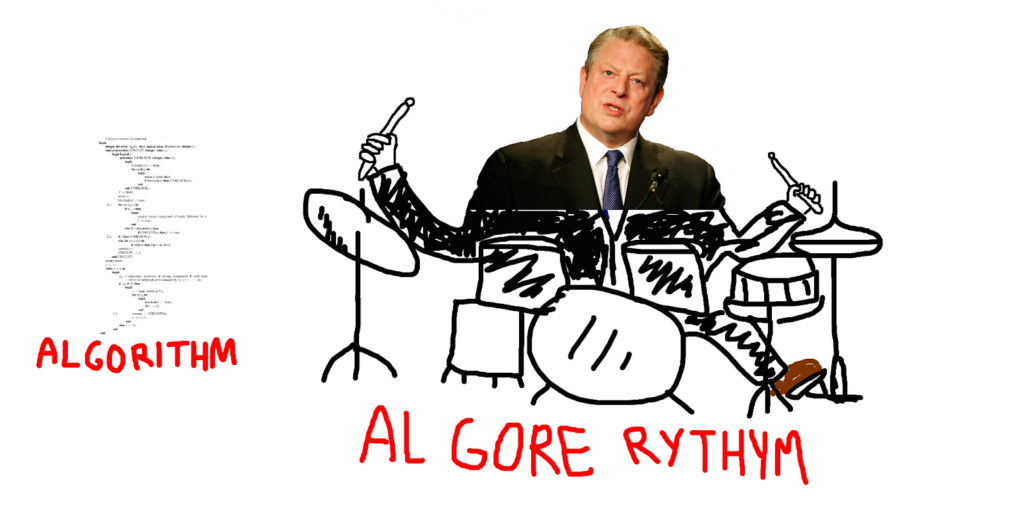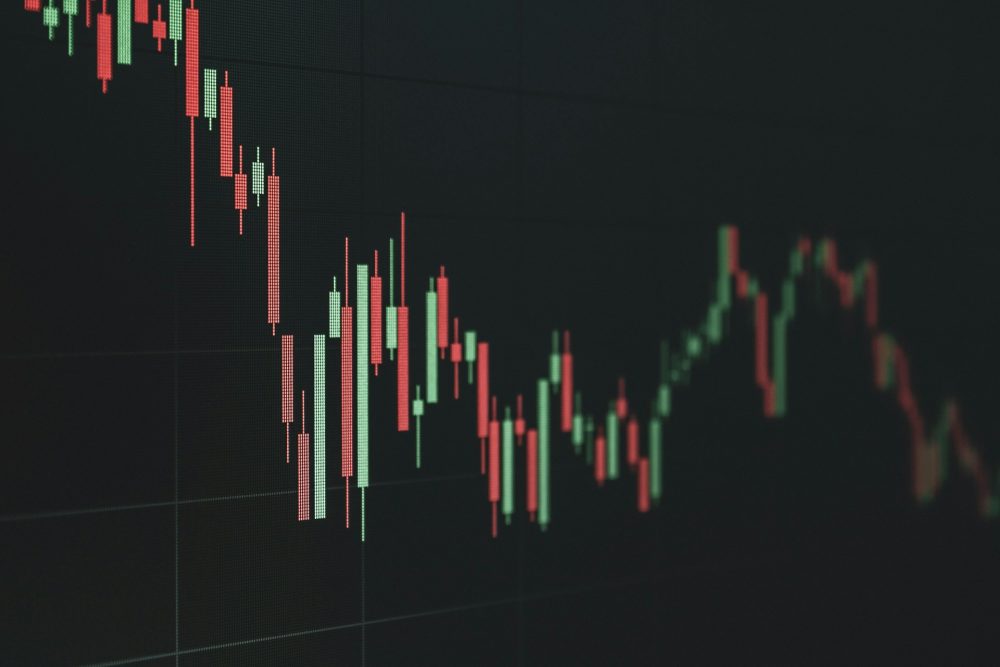Business
TopRanked.io Weekly Affiliate Digest: What’s Hot in Affiliate Marketing [Content at Scale Affiliate Program]
If you’ve been keeping an eye on Google in recent times, you might have noticed a disconnect between what they say, and what they do. If you missed it, then read on. We’ll tell you exactly what it is, and how you can exploit it to make some serious bank. And, as usual, we’ll drop a solid affiliate program along the way to help you monetize it all: the Content at Scale affiliate program.

Quick Disclosure: We’re about to tell you how the Content at Scale Affiliate Program is pretty great. And we really mean it. Just know that if you click on a Content at Scale Affiliate Program link, we may earn a small commission. Your choice.
Say the word “scale” to a fisherman, and this is what he’ll think.

Say the word “scale” to an SJW, and this is what ze’ll think.

Say the word scale around TopRanked HQ, and this is what we’ll think.

Here, let me explain.
Topranked.io Affiliate Program of the Week — Content at Scale Affiliate Program Review
When we hear the word scale here at TopRanked, we only think one thing: “doing more of a good thing.”
So let’s take one good thing. Let’s say AI content (see the news for why this is a good thing).
And now let’s do more of it.
What do we get?
Yep, our affiliate program of the week: the Content at Scale Affiliate Program.

Content at Scale Affiliate Program — The Product
While AI content is fun and cheap and all that stuff, when it comes time to rank AI content, it falls short. (Not because “AI is spam”… see the news below.)
I mean, even the basics like keyword optimization seem out of reach. No matter how hard you prompt, most AI can’t even get this bit right.
And that’s where the Content at Scale Affiliate Program comes in. It offers a product that offers a solution.
In short, the Content at Scale affiliate program is backed by a product built on a proprietary stack combining three LLMs and a bunch of other automation and AI goodness. It’s a little mix they call RankWell.
And boy, does it rank well.
Now, we’re usually not in the practice of selling you products in our weekly affiliate news roundup. But, we know our audience, too. So yeah, we know you’re maybe thinking about skipping the Content at Scale affiliate program altogether and going straight for the product.
If this is you, then do us a favor and click our Content at Scale affiliate program link before you sign up.
Otherwise, read on to learn a little more about how you can get your own Content at Scale affiliate program link… and the commissions that link could earn you.

Content at Scale Affiliate Program — The Commissions
Last time we checked out the Content at Scale affiliate program, the commissions were a pretty simple affair.
And, they still are.
The general Content at Scale affiliate program pitch is still “get 15%-20% recurring commissions.”
What’s changed, however, is the number of product you can sell in the Content at Scale affiliate program.
Today, the Content at Scale affiliate program is much more than just a simple point-and-click AI SEO writer, even if that’s still the core product offering. Instead, with the Content at Scale affiliate program, you can now sell API access, AI detector access, undetectable AI word generator access, and more.
And that complicated calculating your Content at Scale affiliate program commissions a bit.
But here’s a couple of examples anyway.
Let’s start with the basic core product. That goes into the $1000+/month price range, with the top commission rates on that topping out at about $300 per month, per referral.
But, as we said, today, the Content at Scale affiliate program is a bit more than that. So just for fun, here’s another example — API access.
Let’s say you hook a big time developer doing stuff at a serious, industrial scale.
If they clicked on your Content at Scale affiliate program link before signing up, and they then went on to buy the top API plan, they’d be dropping well over $20k/month.
And, at a 20% commission rate, the Content at Scale affiliate program would be paying you well over $4k of that.
Tempted?

Content at Scale Affiliate Program — Next Steps
If earning thousands of bucks a month in recurring commissions sounds like the sort of thing you could get along with, then the Content at Scale affiliate program is probably for you.
So, to get started now, head here to sign up with the Content at Scale affiliate program.
Or, if you want a closer look first, then why not head over to TopRanked.io for our full-length Content at Scale affiliate program review?

News — “Do as I Say, Not as I Do”, Says Google
There’s a popular saying that you might have seen before:
“When someone shows you who they are, believe them the first time.” — Maya Angelou
Or, said in another way — actions speak louder than words.
So let’s talk about what a certain someone is showing us with their actions.
Google.

It’s no secret now that Google’s search results have taken a major nosedive in recent years.
We’ve all felt it.
It’s even been shown empirically.
And yet, Google keeps promising us better, more “helpful content” as it urges SEOs to just “E-E-A-T” more.

Sometimes, it does so with an announcement that should be a big shakeup. Most recently, it was this one — the March 2024 Core Update — and this one — the June 2024 Spam Udadate.
Both were supposed to improve how Big G tackled “site reputation” and “scaled content” (i.e., AI spam) abuse.
And yet, here we are in July, and nothing’s changed.
Site reputation abuse is still as rampant as ever.
Now, I know, I know.
It’s right about here all you Google apologists like to point out to the “cat and mouse game” in play here.
After all, how can Google possibly win the battle against an army of depraved SEO spammers who keep shifting their techniques to evade Google’s sophisticated spam detection algorithms?

But then, you take a closer look, and you realize Google’s not even trying.
Half the time, the tells aren’t even all that hard to pick up.
You look at the stories. They’re usually a 1-for-1 copy from other sites, lightly spun, and published just moments after the original site published them.
You look at the sitemap. No-name sites that cropped up overnight are somehow publishing more than the combined output of multiple large news agencies.
You look at an author’s profile. They’re churning out 20+ articles a day.

You get the gist. There are a bunch of super-easy-to-identify telltale signs that “here be scaled content abuse”.
Telltales that are so plainly simple and obvious to detect that even a junior dev could churn out something in an afternoon that would get the detection job done.
And yet, these sites keep showing up in Google, despite Big G’s incessant “warnings” to SEOs manipulating its search results.

Now, of course, if you’ve been following Google for a while now, none of this should be a surprise.
If you saw our Parimatch affiliate program review, you might have seen the story about Google’s “Code Yellow” in 2019.
That was when a bunch of execs freaked the eff out because… you know… must maintain hyper growth forever, even if you’ve already captured the entire market.
To cut that long story short, then VP of Search, Benedict Gomes, wrote an email at the time — this email, that came out in the antitrust hearings.
In it, Gomesy talks about ways to make search volume go up in the short term.
Specifically, Google could use “user negative” techniques.
That’s a euphemism for “making search worse.” The theory being, if search results are worse, people will search more in a desperate attempt to find what they’re looking for.
Sadly for Benny G, he was “deeply uncomfortable” with the idea.
But Google liked what they saw.
Thus, Big G promptly transitioned Benny G to a new role and replaced him with the guy who ran Yahoo into the ground.
The same guy whose major breakthrough in search was to astutely note that ‘99% of searches include nouns’, before brilliantly concluding, ‘therefore people are interested in the real world.’
Okay. Cool. Remind me to remind Google that I’m looking for stuff in the real world next time I’m searching “dragon tears”, “imaginary universes” and “dank memes”.

Anyway, where were we?
Right. Google getting worse.
Unsurprisingly, this whole debacle pretty much aligns with the exact time when most people first started to perceive drops in Google’s quality.
Even Google’s own publicly available data seems to line up with this.

And yet, despite what looks like a conscious decision to adopt a “user-negative” approach to search, Google still wants us to believe its neverending stream of blatantly specious hyperbole about “helpful content” updates.
And on that note, it’s maybe time to close out exactly as we opened.
With a quote:
“It’s amazing how people can change behind closed doors.” — Susan Forward
It’s funny what Google is talking about behind closed doors.
And it’s even funnier that they’re still showing us that that’s exactly who they are.
Takeaway
No doubt, you’ve heard a lot of breathless SEOs telling you how Google’s gonna stamp out AI spam.
And maybe that’s deterred you from… well… doubling down on AI spam.
And yet, despite constant “warnings”, Google’s done nothing about it.
And why would they when just letting it run aligns so neatly with their internal growth strategies?
Yep. That’s right.
Secretly, Google wants you to spam… err, I mean… produce “scaled content”.
Just like all the other people making bank right now by spamming Google.
And on that note, I think it’s probably an appropriate time to drop a tie-in to this week’s top affiliate program — the Content at Scale affiliate program.
No further explanation is needed.

Closing Thought
So I opened the news with a quote. And, since I’m lazy and need a quote to close out with, I just said to myself, “Just look for more quotes by the same person.”
And so I did.
Here’s what I found:
“I’ve learned that people will forget what you said, people will forget what you did, but people will never forget how you made them feel.” – Maya Angelou
Now, if your first reaction here is to think this is some sloppy sentimentalist dross about looking after peoples’ emotions, about being intentional and spreading good vibes in the world, then you’re probably 100% correct.

But here at TopRanked, we don’t care about your feelings.
Instead, all we care about is your wallet.
Specifically, we care about making your wallet fatter.

So let’s use this quote to do just that.
How?
Easy. That quote could just as easily be applied to writing copy.
Here’s an example. Let’s try contrasting two alternate headlines:
- “Learn AI to become more efficient.”
- “Learn AI while others get left behind.”
Which one do you think is more effective?
If you ask me, it’s #2.
That’s because #2 makes people feel something strong.
It provokes anxiety.

And it induces greed.

And that, aside from being a thousand times better at hooking attention, is far more likely to stick in people’s memory.
Now, of course, you don’t always have to focus on negative emotions.
But, if you’re trying to sell something, negative emotions are pretty great.
Negative emotions beg for a solution — most normal people don’t wanna fix “happiness”.
So here’s what you’re gonna do.
You’re gonna find 5 ways to make bloggers feel fear, anxiety, or some other negative emotion.
And you’re gonna do it in a way that they can alleviate that emotion with AI.
If you need a hint, think about lines like “getting left in the dust” or “becoming redundant”.
Then, once you have your lines, now you’re gonna apply them to a product that can fix those negative emotions.
A product you’ll only find if you join the Content at Scale affiliate program.

__
(Featured image by SevenStorm JUHASZIMRUS via Pexels)
DISCLAIMER: This article was written by a third party contributor and does not reflect the opinion of Born2Invest, its management, staff or its associates. Please review our disclaimer for more information.
This article may include forward-looking statements. These forward-looking statements generally are identified by the words “believe,” “project,” “estimate,” “become,” “plan,” “will,” and similar expressions, including with regards to potential earnings in the Empire Flippers affiliate program. These forward-looking statements involve known and unknown risks as well as uncertainties, including those discussed in the following cautionary statements and elsewhere in this article and on this site. Although the Company may believe that its expectations are based on reasonable assumptions, the actual results that the Company may achieve may differ materially from any forward-looking statements, which reflect the opinions of the management of the Company only as of the date hereof. Additionally, please make sure to read these important disclosures.

-

 Biotech5 days ago
Biotech5 days agoDNA Origami Breakthrough in HIV Vaccine Research
-

 Markets2 weeks ago
Markets2 weeks agoGold’s Historic Surge and Sudden Crash Signal Volatility, Not Defeat
-

 Cannabis2 days ago
Cannabis2 days agoWhen a Cutting Becomes a Cannabis Plant: Court Clarifies Germany’s Three-Plant Rule
-

 Africa1 week ago
Africa1 week agoIvory Coast Development Plan 2026–2030: Investment, Growth, and Strategic Reforms













